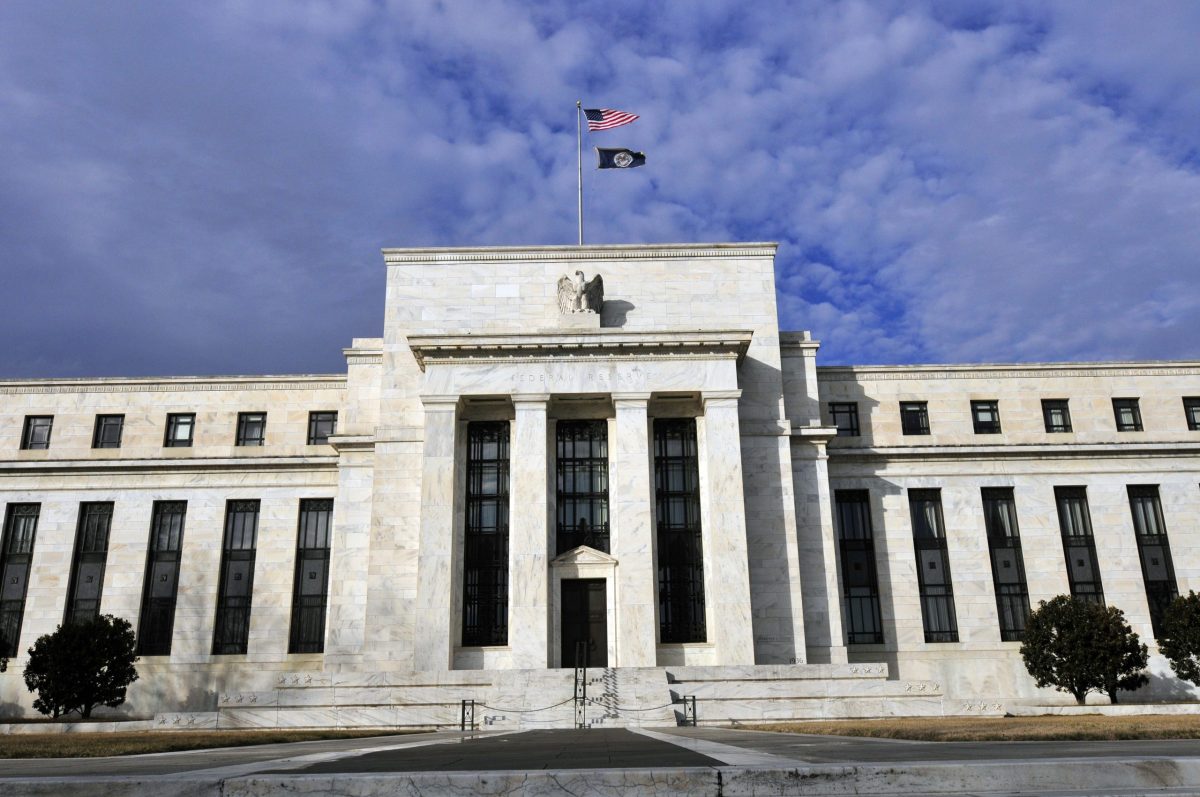Fed’s Influence Fades as Central Banks Pursue Local Economic Priorities
17.10.2024 9:30 2 min. read Kosta Gushterov
The days of global central banks closely mirroring the Federal Reserve's moves are behind us.
For a long time, the Fed’s rate decisions set the pace for monetary policy worldwide, influencing currencies and markets. However, in today’s fragmented economic landscape, central banks are charting their own courses based on local challenges rather than following Washington’s lead.
In the past, the U.S. economy’s strength and Wall Street’s sway meant central banks had to keep up with the Fed to avoid destabilizing their currencies.
Now, every major economy is dealing with unique issues. The U.S. has been battling stubborn inflation, Europe faces economic strains due to the Ukraine conflict and energy issues, Japan has finally seen some inflation after years of stagnation, and China grapples with deflation amid a real estate slump.
This divergence in priorities has led to independent policy moves. While the Bank of England and European Central Bank started cutting rates before the Fed, Japan’s differing policies have caused the yen to experience sharp fluctuations.
The changing landscape also reflects a broader shift in economic power, with the U.S. and its allies now representing a smaller slice of global GDP. Meanwhile, the dominance of the U.S. dollar has gradually waned, as other currencies like China’s yuan gain a foothold in international trade.
The impact of this shift is felt across markets, supply chains, and trade. Companies and investors must navigate an increasingly unpredictable environment, where policy decisions no longer follow a coordinated global pattern, leading to rapid market shifts and increased uncertainty.
-
1
Key U.S. Events to Watch This Week That Could Impact Crypto
30.06.2025 11:00 2 min. read -
2
Here Is How Your Crypto Portfolio Should Look Like According to Investment Manager
30.06.2025 10:00 2 min. read -
3
SoFi Returns to Crypto with Trading, Staking, and Blockchain Transfers
27.06.2025 8:00 1 min. read -
4
GENIUS Act Could Reshape Legal Battle over TerraUSD and LUNA Tokens
30.06.2025 9:00 1 min. read -
5
Whales Buy the Dip as Retail Panics: This Week in Crypto
29.06.2025 14:00 3 min. read
Here is How to Read the Crypto Fear and Greed Index
In the volatile world of cryptocurrency, investor psychology is one of the most powerful forces behind price movement.
Bank of England Governor Warns Against Stablecoins, Backs Tokenized Deposits Instead
Bank of England Governor Andrew Bailey has voiced strong concerns about the rising push for stablecoin adoption, calling on banks to steer clear of issuing their own digital currencies.
Czech National Bank Enters Crypto Sector with $18M Coinbase Investment
The Czech National Bank (CNB) has entered the crypto sector with a $18 million investment in Coinbase, purchasing 51,732 shares in Q2 2025, according to a U.S. SEC filing.
Weekly Roundup: What Happened in Crypto Over the Past Week
From groundbreaking Ethereum developments to record-breaking DeFi activity and major protocol updates, the crypto industry saw a flurry of important announcements this past week.
-
1
Key U.S. Events to Watch This Week That Could Impact Crypto
30.06.2025 11:00 2 min. read -
2
Here Is How Your Crypto Portfolio Should Look Like According to Investment Manager
30.06.2025 10:00 2 min. read -
3
SoFi Returns to Crypto with Trading, Staking, and Blockchain Transfers
27.06.2025 8:00 1 min. read -
4
GENIUS Act Could Reshape Legal Battle over TerraUSD and LUNA Tokens
30.06.2025 9:00 1 min. read -
5
Whales Buy the Dip as Retail Panics: This Week in Crypto
29.06.2025 14:00 3 min. read


